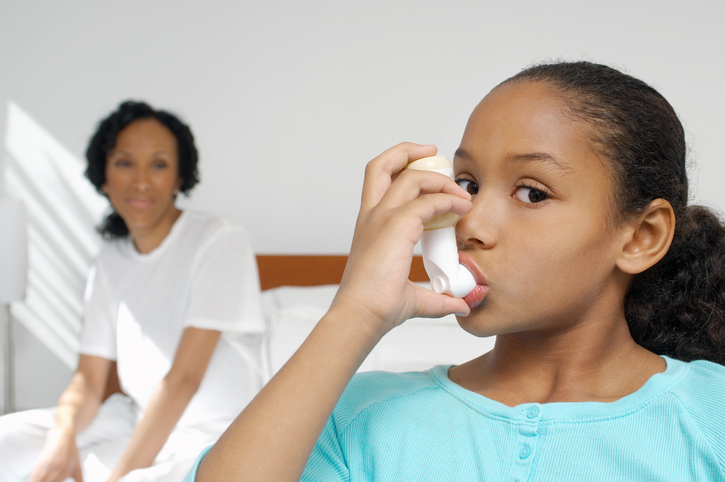 Asthma attacks can prove deadly to kids, but a study shows that black American children are six times more likely to die of the illness than their white or Hispanic peers.
Asthma attacks can prove deadly to kids, but a study shows that black American children are six times more likely to die of the illness than their white or Hispanic peers.
The gap in death rates “may imply a differential access to care” based on a family’s race, said lead author Dr. Anna Chen Arroyo, in a news release from the American Academy of Allergy, Asthma & Immunology (AAAAI). She is from Brigham and Women’s Hospital in Boston.
Arroyo presented the findings at the 2017 academy’s annual meeting in Atlanta.
There is no cure for asthma, and it can be deadly if not properly controlled through proper diagnosis, medication and a management plan, the authors noted.
One respiratory specialist agreed, and said kids everywhere are affected.
“Asthma is a chronic condition which affects approximately 9 million children in the United States,” said Dr. Sherry Farzan, who specializes in allergy and immunology at Northwell Health in Great Neck, N.Y.
“There is a wide range of symptoms and degrees of severity,” she added, “with some children having intermittent symptoms, whereas others have chronic daily symptoms with recurrent exacerbations and hospitalizations.”
Families can help control a child’s asthma through regular access to health care professionals, making sure kids stick with their meds, and cutting down on allergens in the home, Farzan said.
But do all American families have equal access to these measures?
In the study, Arroyo’s team tracked data regarding the asthma deaths of almost 2,600 children nationwide between 2003 and 2014.
The researchers found that just over 50 percent of all the deaths among children with asthma occurred in emergency departments or clinics rather than at home (14 percent) or in a hospital (30 percent).
And in all these locations, black children were more likely to die than any other group of children, the study found.
According to Farzan, this suggests that “health care disparities affect the most vulnerable in our society.”
Taking steps to reduce your child’s exposure to his or her asthma triggers will lessen the possibility of asthma attacks. In addition to finding the right long term and short term medication, it’s important to take steps to help avoid triggers that trigger your child’s asthma. Here are some things that may help:
Maintain low humidity at home. If you live in a damp climate, talk to your child’s doctor about using a device to keep the air drier (dehumidifier).
Keep indoor air clean. Have a heating and air conditioning professional check your air conditioning system every year. Change the filters in your furnace and air conditioner according to the manufacturer’s instructions. Also consider installing a small-particle filter in your ventilation system.
Reduce pet fur. If your child is allergic to pet hair or shedding, it’s best to avoid pets with fur or feathers. Regularly…








